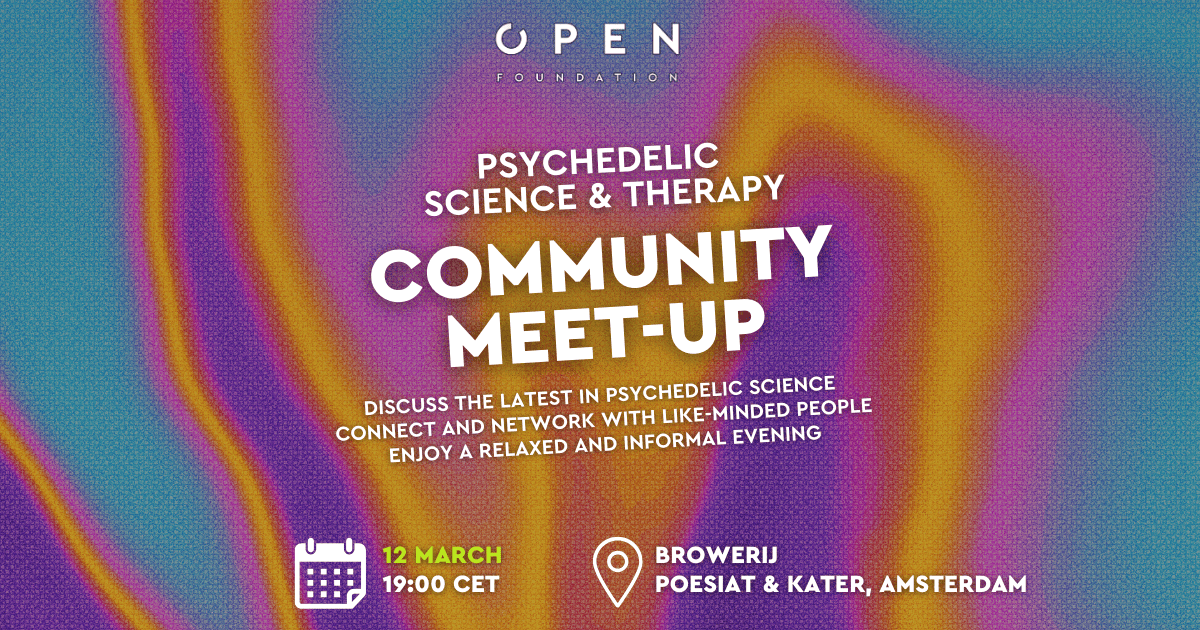Abstract
The current environmental crisis can be approached, through many perspectives, as a civilizational crisis. Alternatives of human transcendence are identified in the Inca civilization to compensate for the malaise that characterizes the actual crisis. There is a multicultural dimension to the manifestations of Hoasca (or Ayahuasca) occurring in Amazonian countries. As employed by the Beneficent Spiritist Center União do Vegetal (UDV) in a religious context, it can contribute to the reconstruction of buen vivir (or in Quechua, sumak kawsay, meaning complete wellness), which served as the principle of the civilizations that preceded the colonization of the Americas by Europeans. Today, the State openly confronts the manifestation of the constitutional principles of buen vivir, religious freedom, and the protection of this cultural heritage. Here, the implications of the civilizational crisis and ways of overcoming it are approached from the standpoint of deep ecology, but the implications also reflect the doctrinal vision of the UDV to which the authors are affiliated.
Irigaray, C. T. J., Girard, P., Irigaray, M., & Silva, C. J. (2016). Ayahuasca and Sumak Kawsay: Challenges to the Implementation of the Principle of “Buen Vivir,” Religious Freedom, and Cultural Heritage Protection. Anthropology of Consciousness, 27(2), 204-225. 10.1111/anoc.12057
Link to full text












